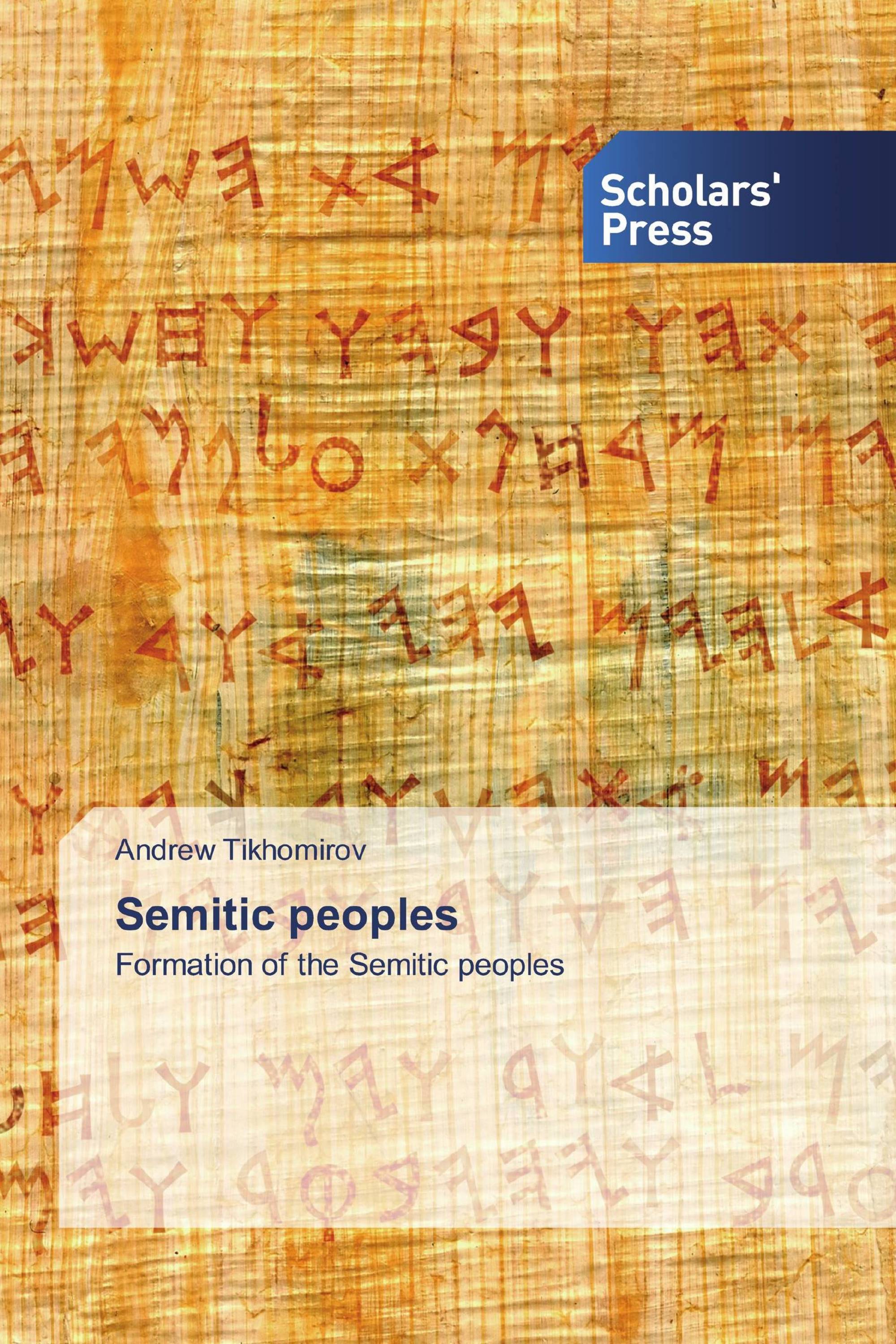From the 3rd millennium B.C. cattle breeding Semitic tribes started to penetrate into the Dvurechye from the Syrian steppe. The language of this group of Semitic tribes is called Akkadian or Babylonian-Assyrian, according to those later names, which this group of Semites acquired already in Dvurechye. At first, they settled in the northern part of the country, moving to agriculture. Then their language also spread to the southern part of Dvurechye; by the end of the third millennium there was a final mixing of Semitic and Sumerian population. The various Semitic tribes at that time constituted the bulk of the pastoralist population in West Asia; their territory of settlement covered the Syrian Steppe, Palestine and Arabia. The presence of several Semitic words in ancient Sumerian texts testifies to very early relations between Sumerians and shepherd Semitic tribes. The Semitic tribes then appear within the territory inhabited by the Sumerians. Already in the middle of the 3rd millennium, the Semitic tribes in the north of the Dvurechye Semites began to be heirs and successors of the Sumer culture. The oldest of the cities founded by the Semites was Akkad, located on the Euphrates.
Book Details: |
|
|
ISBN-13: |
978-613-8-92927-7 |
|
ISBN-10: |
6138929276 |
|
EAN: |
9786138929277 |
|
Book language: |
English |
|
By (author) : |
Andrew Tikhomirov |
|
Number of pages: |
52 |
|
Published on: |
2020-05-08 |
|
Category: |
History |
